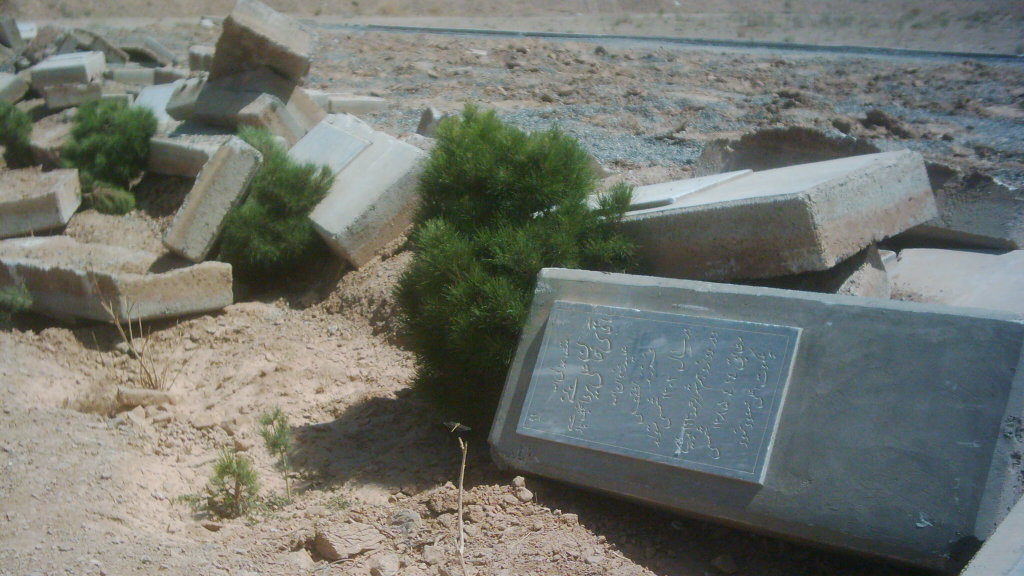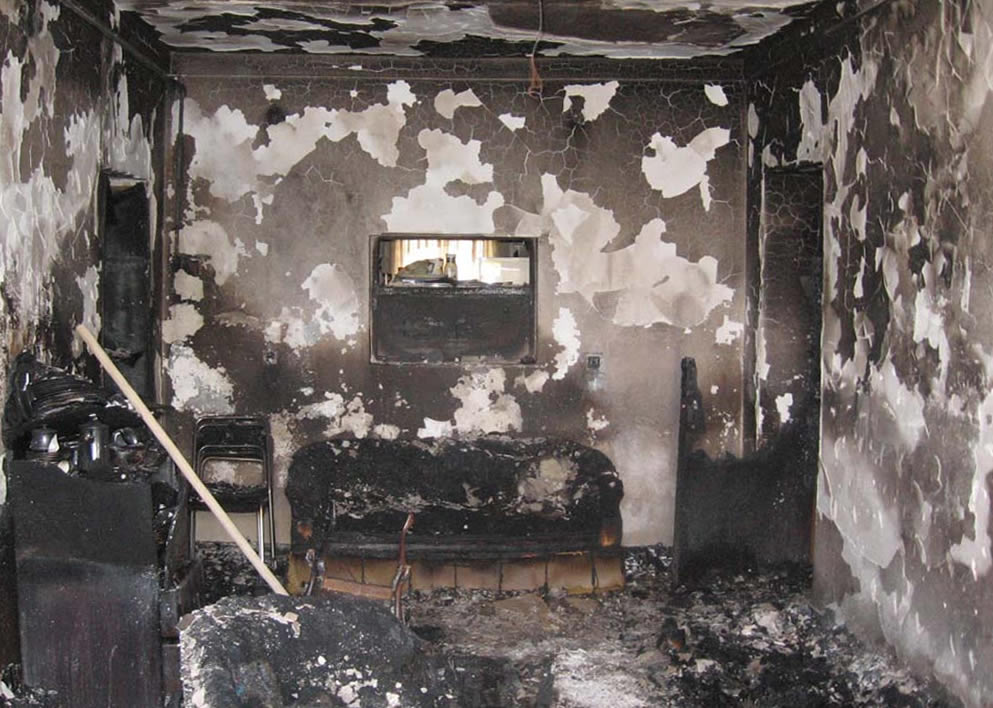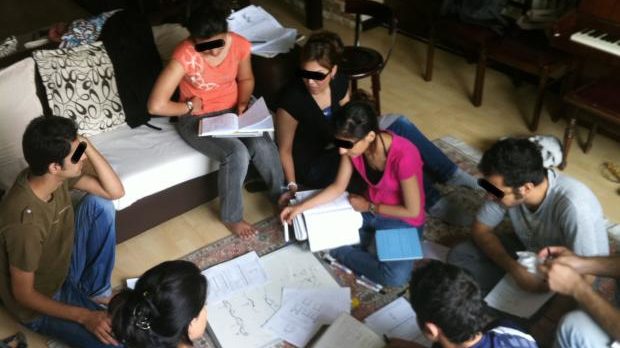HRW Report Exposes Iran’s ‘Boot on My Neck’ Policy Against Bahá’ís
“More than 40 years of systematic persecution of Iran’s Bahá'ís is a crime against humanity and should be judged as such,” Bahá'í community representative tells TML
Iranian oppression of Bahá’ís amounts to the crime against humanity of persecution, a report released this week by Human Rights Watch found.
The 49-page report, titled “‘The Boot on My Neck’: Iranian Authorities’ Crime of Persecution Against Bahá’ís in Iran,” highlights Iranian authorities’ systematic violation of the fundamental rights of Bahá’í community members. Human Rights Watch discovered a range of discriminatory laws and policies targeting Bahá’ís, including arbitrary arrests and imprisonments, property confiscations, limitations on education and employment, and even denial of dignified burial.

A desecrated Bahá’í cemetery near Najafabad where the burial ground was reportedly bulldozed. (Reprinted with permission of the Bahá’í International Community)
“More than 40 years of systematic persecution of Iran’s Bahá’ís is a crime against humanity and should be judged as such,” Clarisa Nieva, director of the public affairs office at the Bahá’í community of Spain, told The Media Line.
Michael Page, deputy Middle East director at Human Rights Watch, told The Media Line that Iranian authorities have violated the Bahá’ís’ rights for decades. Anti-Bahá’í measures are “directed by the state’s most senior officials and the Islamic Republic’s ideology and enshrined in the government’s laws and policies,” he said.
Bahá’ís are the largest non-Muslim minority in Iran, with a community size estimated at 300,000 members. Established in Iran during the mid-1800s, the Bahá’í faith presents itself as a new revelation and a continuation of monotheistic and other religious traditions that preceded it.
“Human Rights Watch has found that the cumulative impact of authorities’ decadeslong systematic repression of Bahá’ís amounts to the crime against humanity of persecution,” Page said. He noted that the abuses impact every aspect of their lives, including education, employment, marriage, and even death, as authorities repeatedly demolish Bahá’í graves.
In 1991, the Supreme Revolutionary Cultural Council, an institution headed by Iran’s president, issued a memo that shaped Iranian state policy toward Bahá’ís. The memo called for “marginalizing them politically, socially, and economically,” purely because of their faith, Page said.
Human Rights Watch has found that the cumulative impact of authorities’ decadeslong systematic repression of Bahá’ís amounts to the crime against humanity of persecution
Page added that Bahá’ís are denied religious freedom in Iran. They are prohibited from establishing any official institutions and cannot freely hold prayers, even in private.
Bahá’ís are also subject to arbitrary arrests and jail sentences, Page said. The community’s economic opportunities have been severely restricted, with Iranian authorities’ closing some Bahá’í business and confiscating lands belonging to Bahá’ís.

Bahá’í homes have been the target of arsonists, including this one in Kerman, Iran according to the Bahá’í International Community. (Reprinted with permission of the Bahá’í International Community)
Since the creation of the Bahá’í faith, Bahá’ís have lived throughout Iran’s cities, towns, and villages, Nieva said. She noted that Bahá’ís are committed citizens of their native country and constantly attempt to contribute to its development as an aspect of their faith.
Many Bahá’ís left Iran following the 1979 Islamic Revolution, Nieva said, “either because their lives were in danger, because their relatives had already been imprisoned and executed, or because living conditions were simply unsustainable. Since Bahá’í institutions have been banned in Iran since the Islamic Revolution, no data is available regarding the rate of Bahá’í immigration.
Page stressed the importance of looking at the recent report in the context of the ongoing protest movement in Iran following the 2022 death of Mahsa Jina Amini, who died after being arrested for improperly wearing the hijab.
“Human Rights Watch is releasing this report in a context where Iranian authorities have been brutally repressing dissent, especially after the 2022 Women, Life, Freedom nationwide protests demanding fundamental change,” he said. “There is a serious concern that Iranian authorities will escalate their persecution and repression against Bahá’ís in Iran, blaming them as a scapegoat for their failures as a corrupt, autocratic government.”
Nieva urged the international community to act on the imminent danger facing the Bahá’í community in Iran. She applauded UN resolutions condemning Iran and called on the mandate of the UN special rapporteur on human rights in Iran to be renewed.
Human Rights Watch is releasing this report in a context where Iranian authorities have been brutally repressing dissent
She also urged UN member countries and their governments to declare their support for the Bahá’í community and to support holding Iran accountable in accordance with international law, including through investigation and prosecution in international courts.
“The mandate of the United Nations Independent Fact-Finding Mission on the Islamic Republic of Iran should also be renewed and ensure that it has adequate resources to document serious international violations and crimes against Bahá’ís,” Nieva added.


